It’s been six months since longtime Syrian dictator Bashar al-Assad was toppled following a stunning rebel offensive that saw opposition fighters seize the country in just 11 days.
The months since have been hopeful and challenging in equal measure. The new Syrian government, under the leadership of jihadist-turned-president Ahmed al-Sharaa, has scored some successes, most notably the removal of suffocating Western sanctions placed on the country under his predecessor.
There have also been bouts of extreme violence, particularly toward the country’s minorities. A pro-Assad uprising on the Syrian coast in March was followed by revenge killings against the Alawite community, while just two weeks ago, an ISIS bombing against a church in Damascus killed dozens of Christians.
Amid this uncertainty, Syria’s other minorities have found themselves thrust into a difficult position, one that the region’s other powers — ranging from Israel to Turkey to Iran — are seeking to exploit.
One community in particular finds itself in a delicate situation: the Druze.
Neither Muslim nor Christian, the Druze are an esoteric sect whose secretive beliefs include reincarnation.

While just a 90-minute drive from the Syrian capital, Damascus, the Druze stronghold of Suwayda feels like a world away. Alcohol is sold in seemingly every third shop; headscarves on women are all but nonexistent. Also absent are security forces from the new government — the only armed men present are from the Druze’s own militias, which have thus far refused to allow even a token presence from Damascus.
Suwayda is unique among Syria’s provinces in that it managed to avoid nearly the entirety of the country’s ruinous 14-year civil war. The local Druze, who make up 90 per cent of the region’s population, largely expelled the Assad regime and its agents in 2012, thereafter charting a course in which they aided neither Assad’s government nor the rebels opposing him.
“This was a war between Sunnis and Alawites,” said Amjad Tarif, a local coffee shop owner, referring to the country’s predominant Islamic sects. “We had nothing to do with it.”
After decades in power, the Assad regime has fallen to Syrian rebel groups led by Hayat Tahrir al-Sham. Andrew Chang breaks down the two weeks of intense fighting that led to this seismic breakthrough for rebel forces.
Images supplied by Getty Images, Canadian Press and Reuters Connect.
Additional credits: 0:05: BBC News/YouTube, 0:09: PBS NewsHour/YouTube, 0:13: Social media via Reuters, 0:14: Social media via Reuters, 1:52: FRANCE 24 English/YouTube, 1:56: FRANCE 24 English/YouTube, 1:57: ABC News (Australia)/YouTube
‘We can only rely on ourselves’
Having sat out the worst of the civil war, the Druze want little to do with Syria’s new rulers, either.
“The only way we can preserve our rights is through decentralization,” said Bader Kmash, a Druze activist. “We cannot live under the direct rule of a group that has killed our people before. No one here trusts them.”
The killing Kmash refers to occurred on June 10, 2015, when fighters affiliated with the al-Nusra Front — the group headed by Syria’s now-president, Sharaa — shot dead at least 20 Druze in a village in the country’s northwest. The incident left a deep mark on the community, and is mentioned early and often in any conversation about the new government.
“The people who committed this act are now in charge of Syria,” said Muhsina al-Mahathawi, a Druze politician. “They have hardly even apologized for it, let alone made any amends.”
The 2015 killings weren’t the only tragedy the Druze experienced over the past decade.

In July 2018, ISIS, also known as the Islamic State, launched a massive assault on Suwayda. Waves of fighters emerged from the desert in the province’s east, held off only by hastily organized Druze defenders. While the fighting raged, IS suicide bombers who had slipped into Suwayda’s busy marketplaces detonated themselves. More than 200 were killed in a single day.
“The fighting lasted for more than 14 hours, from dawn until dusk,” said Mehdi Faraj, 33, who fought in the battle himself. “We had no one to help us: not the [Assad] government or any foreign country.”
The brutal clash hardened local attitudes toward the necessity of maintaining their own militias.
“This is why we Druze can never lay down our weapons,” Faraj said. “We have always been armed, because we can only rely on ourselves.”
Opposition to new government
Mahathawi, the politician, has been at the centre of one drama with the new authorities. At the start of the year, she was nominated by the Druze community to serve as governor of Suwayda, pending Damascus’s approval. Sharaa demurred, dispatching instead an Islamist commander to serve as his viceroy there — a decision that nearly ended in bloodshed after the new appointee was briefly kidnapped at gunpoint by Druze militiamen.
While there are few supporters of Sharaa and his allies in Suwayda, some go further than others in their opposition.
One of the leading figures against the new government is Sheikh Hikmet al-Hijri, the spiritual leader of the Druze. Sitting in his compound in the town of Qanawat, Hijri slammed Sharaa for “failing to include” the Druze in decision-making for the country’s future.
“We have been in talks with [the new government] since the third day after Assad’s fall, but it is clear they do not listen to us,” said Hijri. “There was not one Druze involved in drafting the new constitution. The government says they will work with us, but it’s only words — they do not take any steps towards this.”
One aspect that has alarmed Hijri and other Druze is the leading role Turkey is taking in the construction of the new Syrian state. Historic persecution of Druze during the Ottoman Empire and the 2015 massacre have merged old anxieties with new ones.
“We can clearly see the hand of Turkey in this role,” Hijri said. “There are many Salafist and extremist currents present in the new administration, and Turkey has always been happy to support these groups. We can also see what Turkey is doing to the Kurds — killing them, destroying their culture. So, of course, this is very concerning for us.”

Fear of Turkey’s influence has made some Druze open to the protection of another regional power: Israel.
Since the fall of Assad, Israel has emerged as a new power broker in southern Syria, moving troops across the longtime frontier to occupy territory and raid villages. Israeli Prime Minister Benjamin Netanyahu and his cabinet have also invoked “protection” of Syria’s Druze community as a potential tripwire for greater intervention in Syria if the latter is threatened.
Druze also live in Israel
Unlike most of their fellow Syrians, the Druze harbour little ill will toward Israel, which hosts a substantial and well-integrated Druze population of its own. Israel’s Druze are one of the only minority communities to serve in the Israel Defence Forces (IDF), and family connections with the Druze in Syria serve as both a back channel and a source of genuine pro-Israel sentiment.
The Israel question took on additional significance following clashes in the Damascus suburb of Jaramana — populated mainly by Druze — in February and April. Israel carried out airstrikes on Syrian government-affiliated forces who had clashed with Druze fighters following the latter incident.

The Syrian government denies involvement in these clashes, blaming them on rogue elements. Negotiations between the new authorities and Druze notables have taken place regularly, preventing a new slide into violence but failing to address deeper issues.
Analysts say the situation has calmed somewhat since the April fighting.
“Israel’s attempts to exploit Druze concerns and instability look to have fizzled in recent weeks,” said Charles Lister, director of the Syria Initiative at the Washington, D.C.-based Middle East Institute.
This was partly due to the initiation of “direct and indirect talks between Damascus and Jerusalem,” Lister said.
As the Druze try to find their place in the new Syria, their ultimate status is still far from certain.
“Syria’s transition only has legs if it can demonstrate that it is successfully and meaningfully integrating and empowering its minority communities and regions,” Lister said. “It’s definitely not there yet, but we have to keep reminding ourselves: we’re only six months into this transition.”
Israel’s recent role in Syria — including airstrikes and raids on border villages — remains controversial, but many Druze are at least tacitly open to Israel’s backing if violence returns.
“We are not entirely alone here,” says Faraj, the Druze fighter. “All Syrian Druze have family in Israel. If we are attacked, we will call our cousins there, and we will deal with any threats from Damascus.”
syrias-druze-avoided-the-worst-of-the-14-year-civil-war-and-want-little-to-do-with-new-rulers

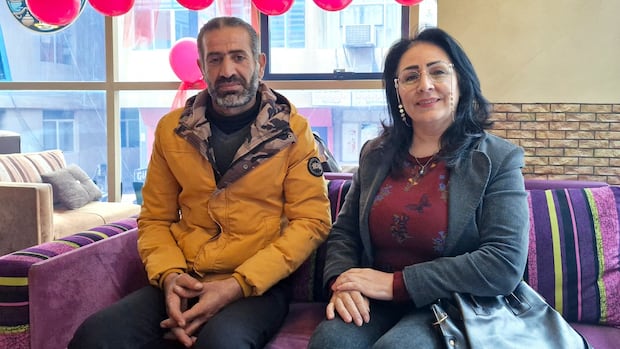


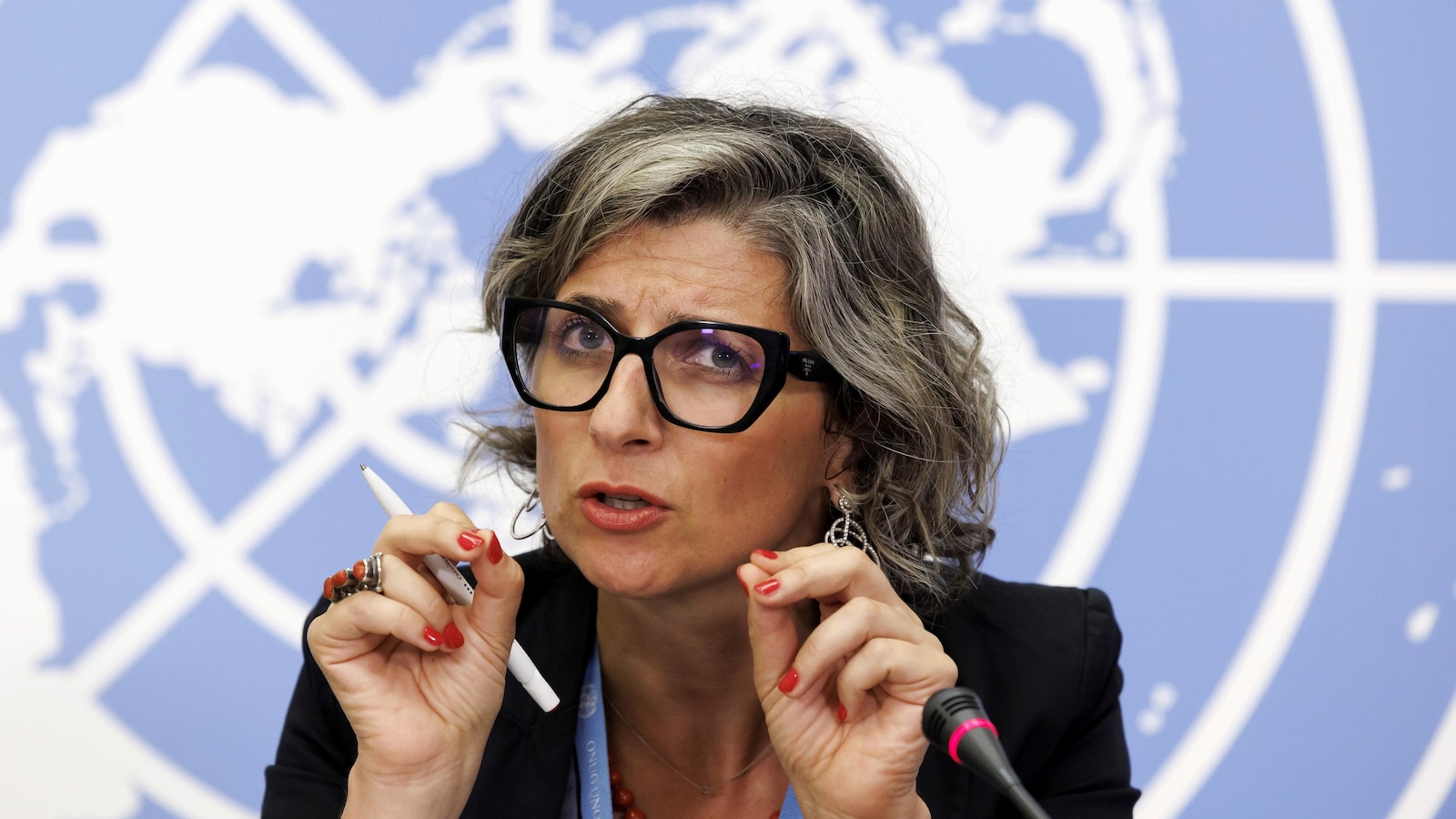
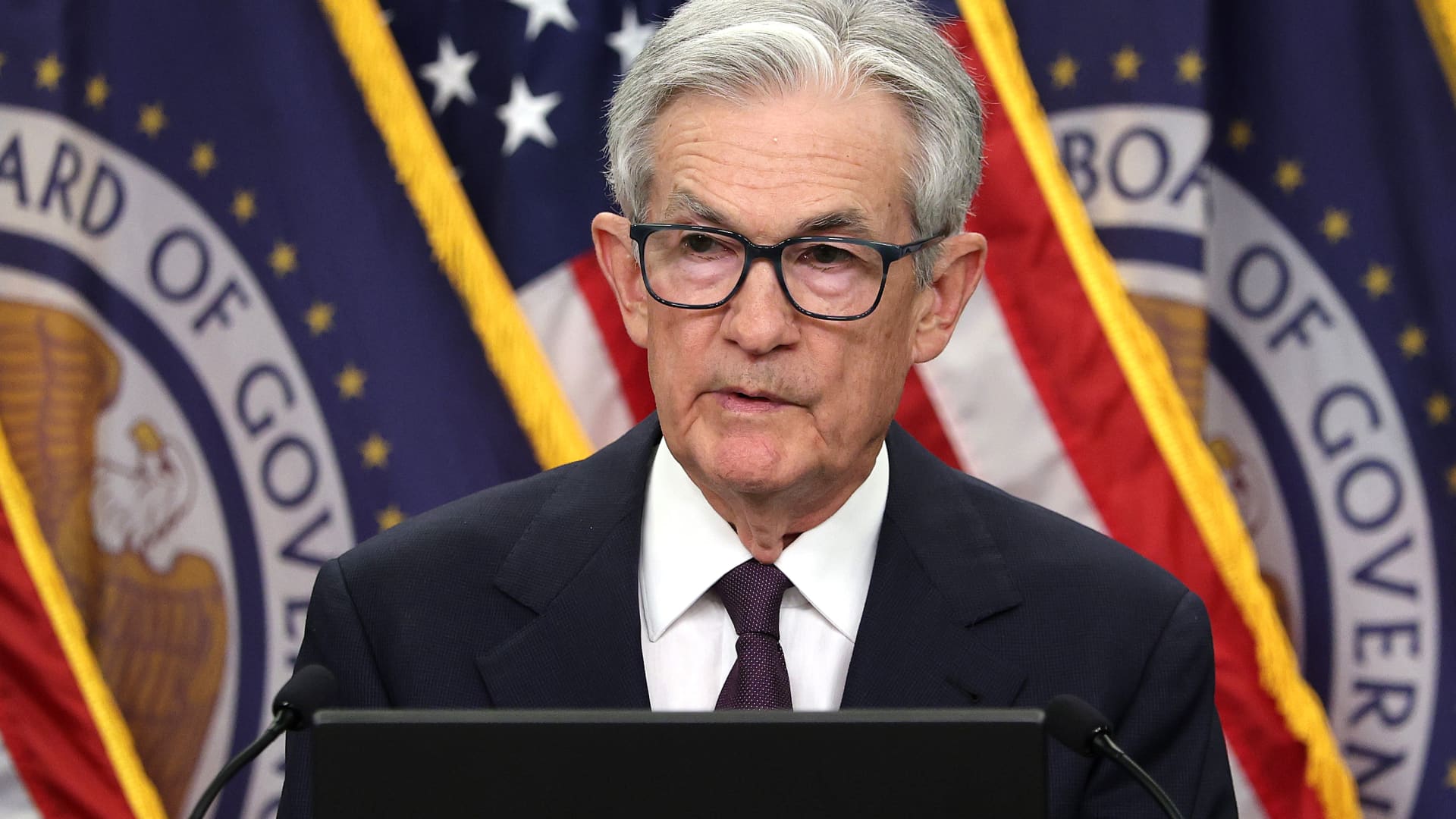
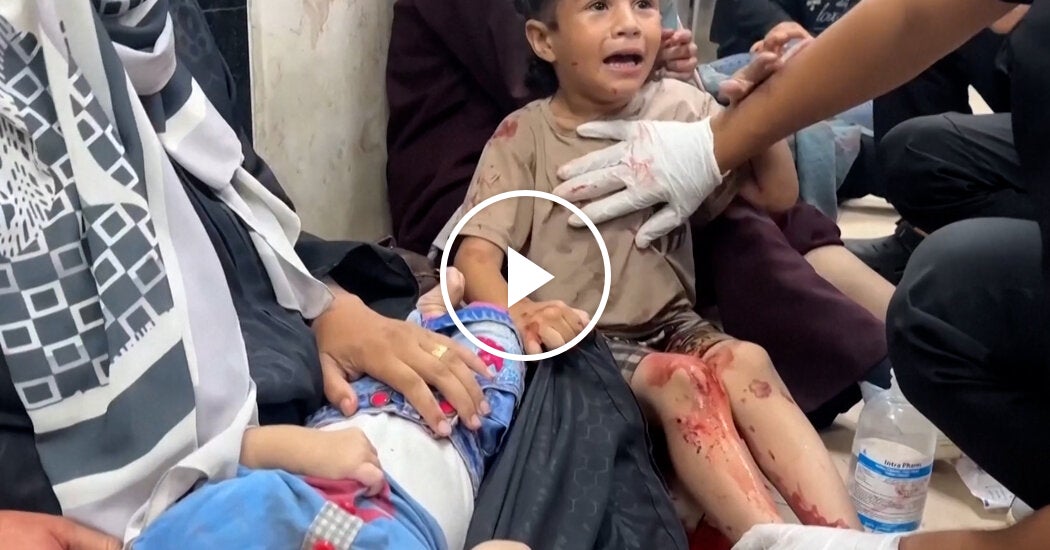
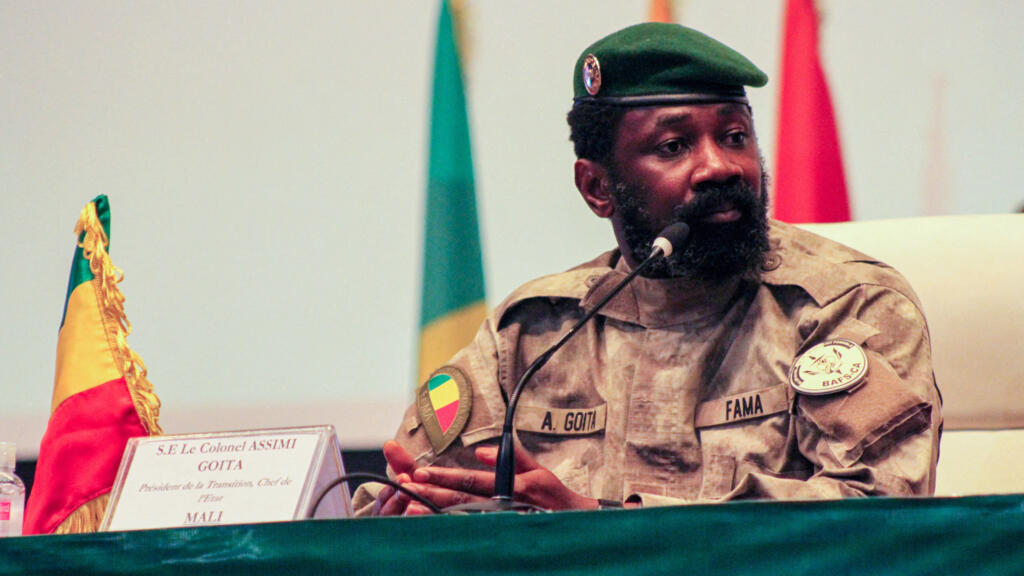
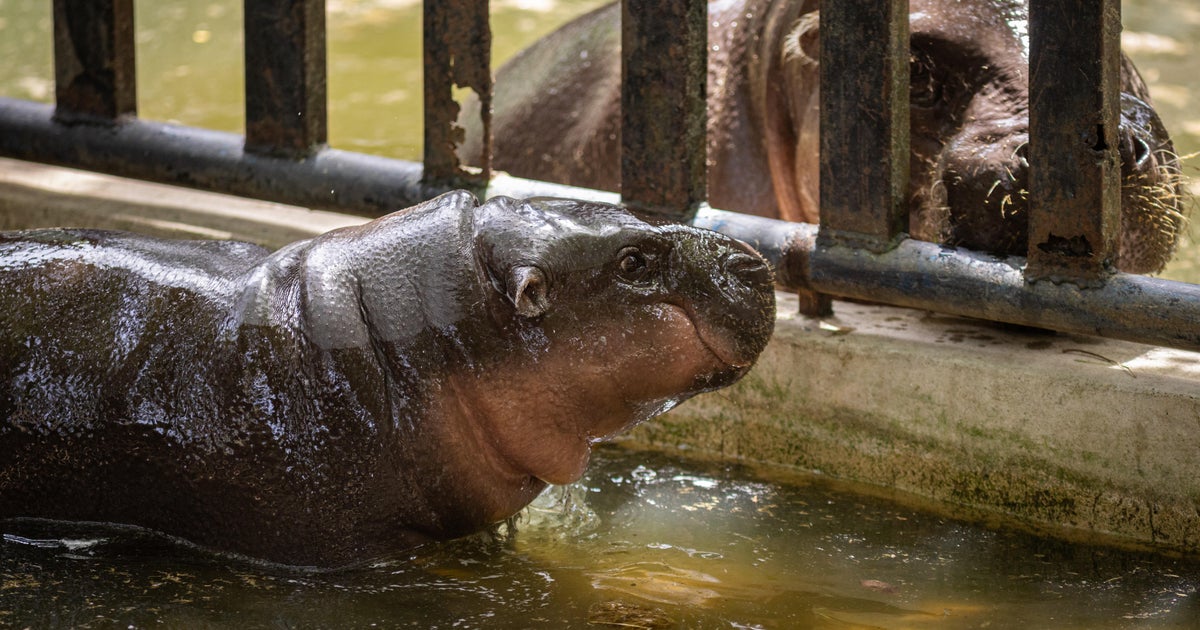
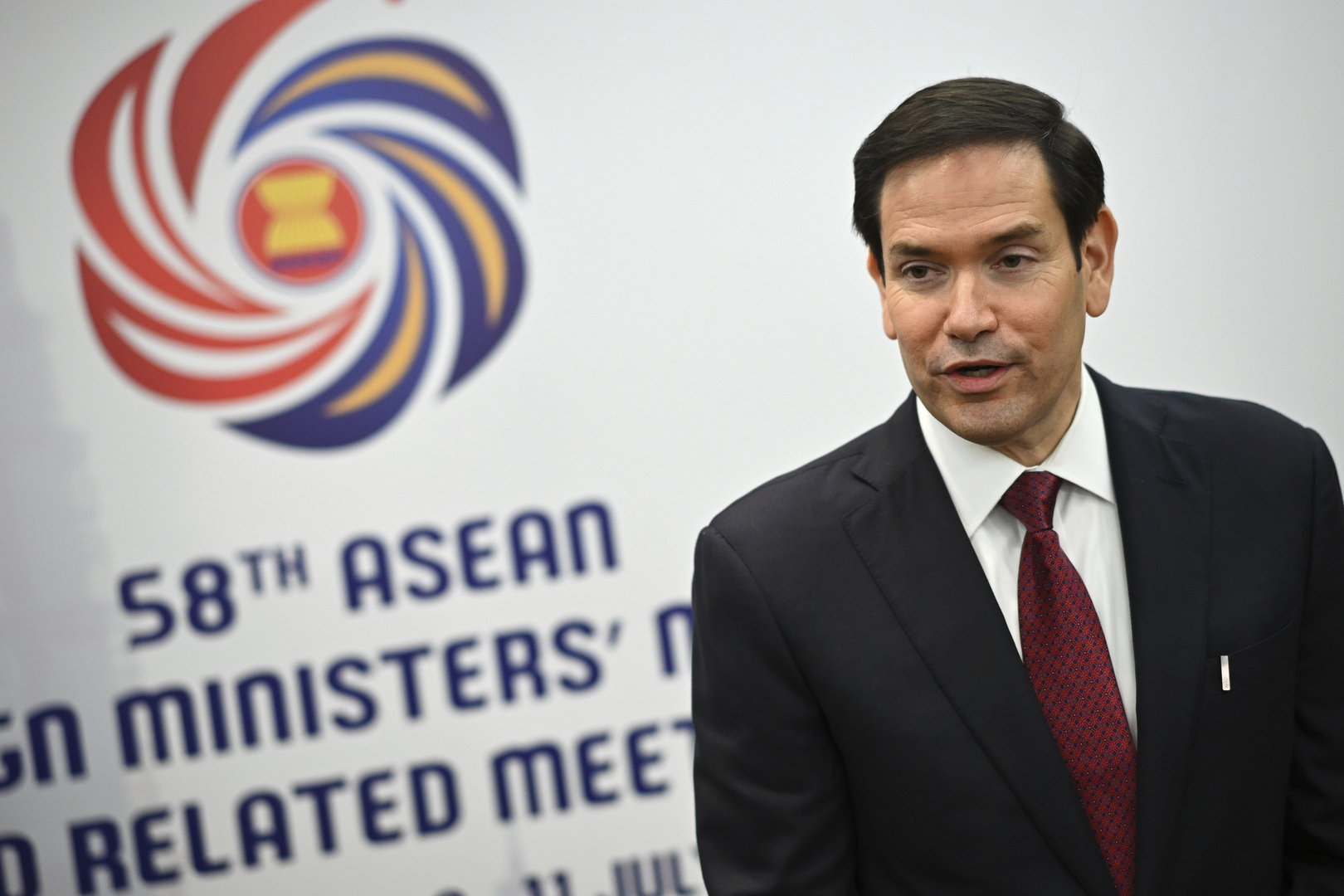
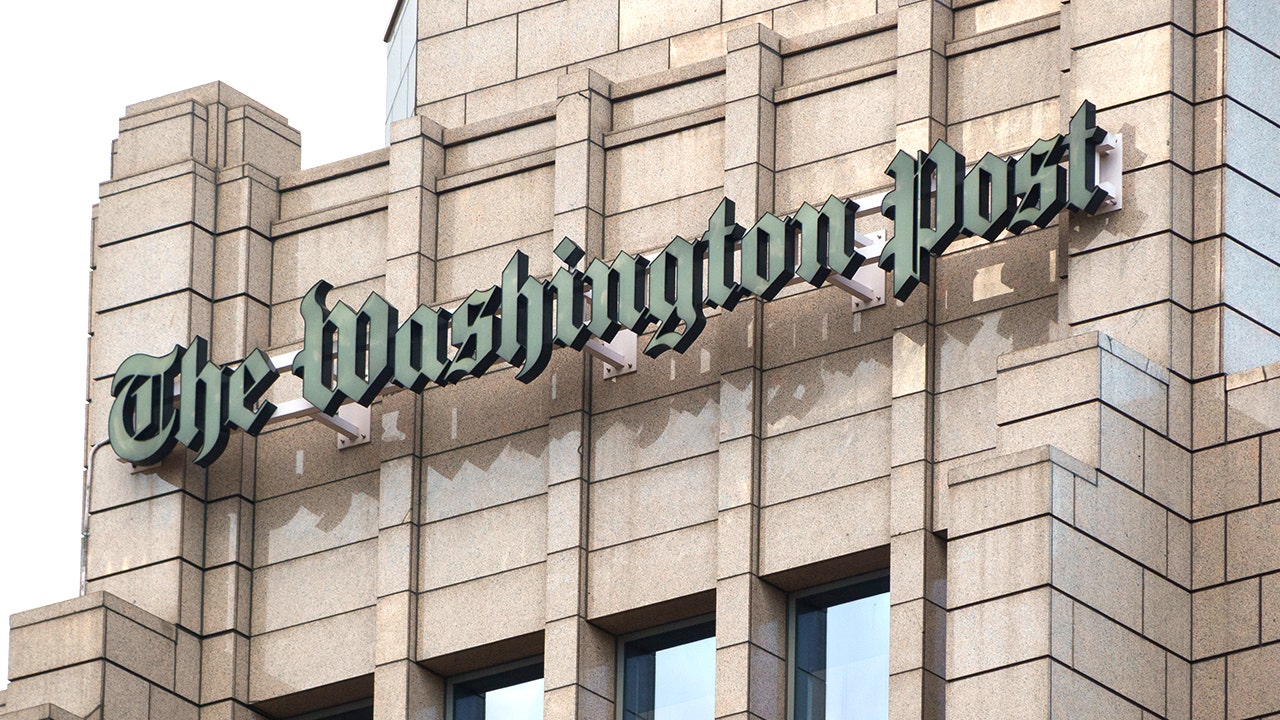
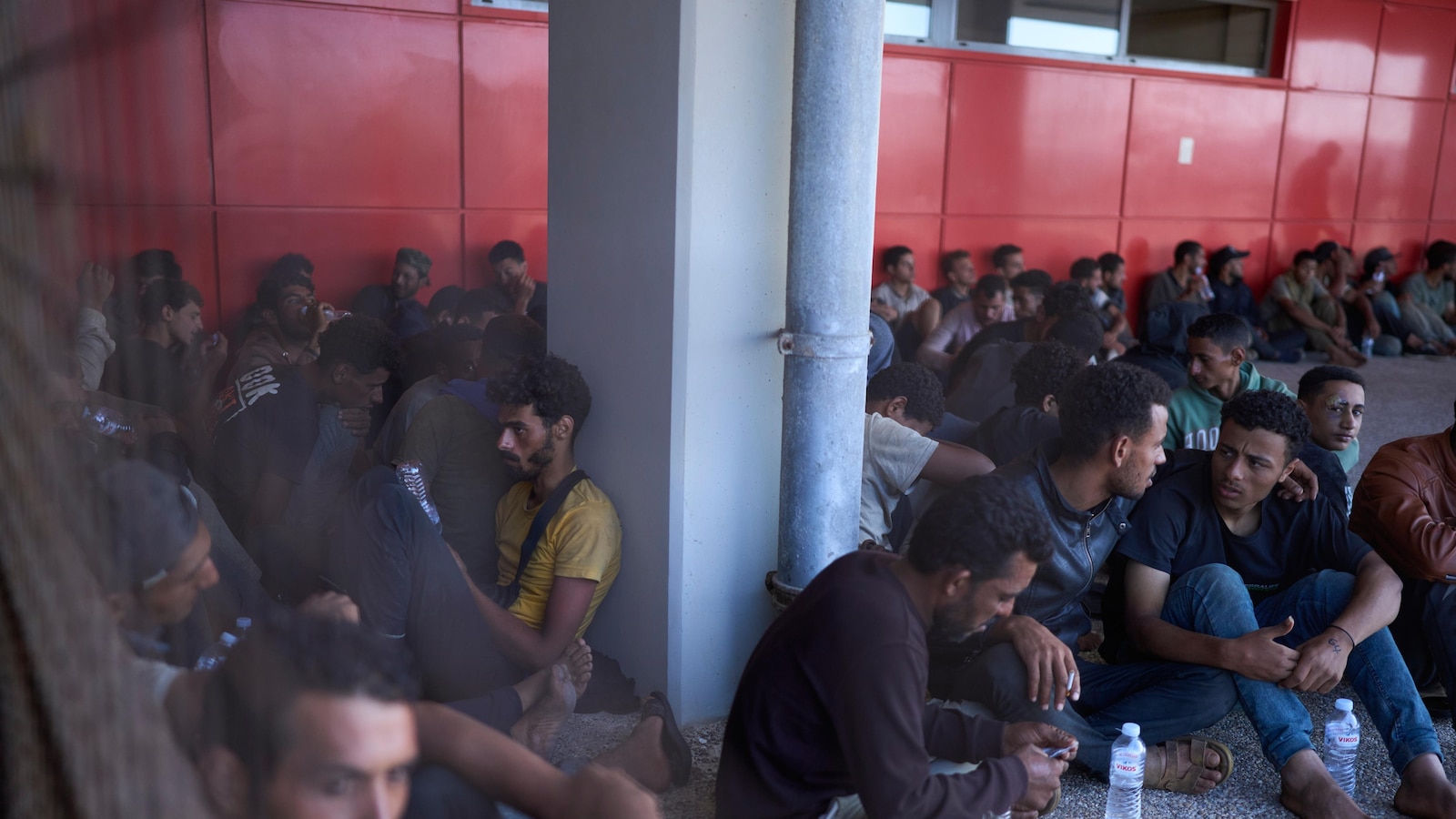
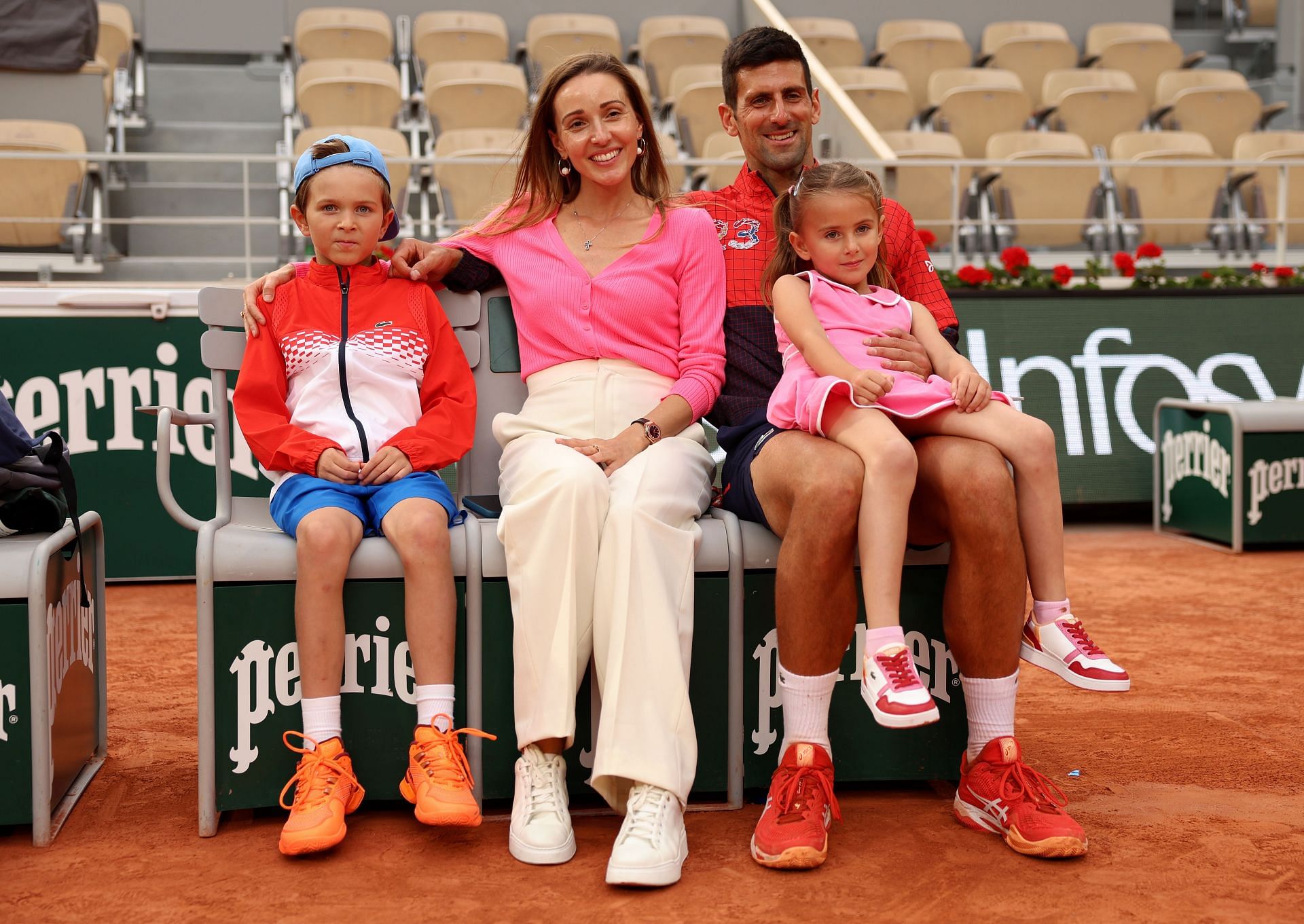
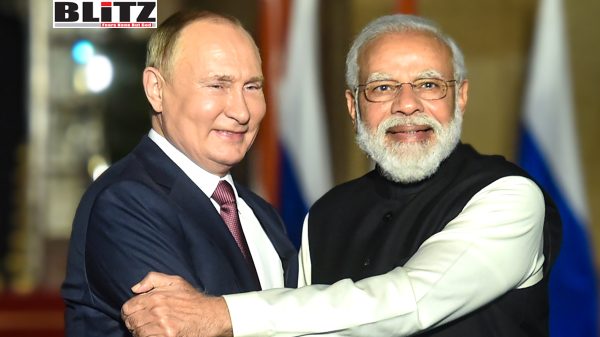

Leave a Reply